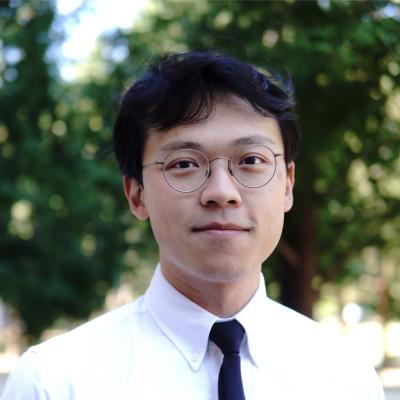
Qinheng Zheng
250 Longwood Ave
Seeley G. Mudd Building Room 311
Boston, Massachusetts 02115
Tel: 617-432-0202
Email: qinheng_zheng@hms.harvard.edu
Website: Zheng Lab
Lab Size: Between 5-10
Summary
Our research will integrate organic chemistry, chemical biology, and cancer biology to develop covalent compounds that allow chemical rescue of somatic mutations in cancer currently deemed “undruggable”. Somatic mutations, particularly in proto-oncogenes and tumor suppressor genes – key regulators of cell fate – underpin cancer development. Although there are drugs targeting activating mutations, strategies aimed at rescuing the inactivating mutations, especially in tumor suppressors remain vastly underexplored and represent an unmet therapeutic gap.
Our approach capitalizes on the reactivity of mutant residues of tumor suppressor proteins, which lead to functional disruption in biological processes that cause cancer. We aim to develop small molecules that covalently modify the mutant residuein a targeted fashion, functionally restore the wild type-like activity, and inhibit tumor growth. We are interested in rescuing dysfunctioned transcription, enzyme catalysis, and proteasomal degradation in cancer cells. Each direction is scalable paving the way for novel therapeutics targeting elusive cancer mutations.
To expand the coverage of targetable mutation residues, we will concurrently establish a chemical program with a focus on developing electrophiles for non-cysteine targeting. Unlike the thiol nucleophile in cysteine which is perfectly paired with a diffused LUMO of acrylamide, a vast majority of nucleophilic residues with limited matched covalent reactions remain untargetable. We aim to develop covalent reactions focusing on high-valent main group electrophiles that match the “hard” reactivity. These high-valent main group electrophiles, pioneered by sulfur(VI), display favorable stability, residue selectivity, and unique stereogenic chemotypes which are distinct from our currently accessible chemical space. We will develop new-to-biology sulfur-based chiral electrophiles and use chemical proteomics to elucidate the chemoselectivity and stereoselectivity in live cells.
